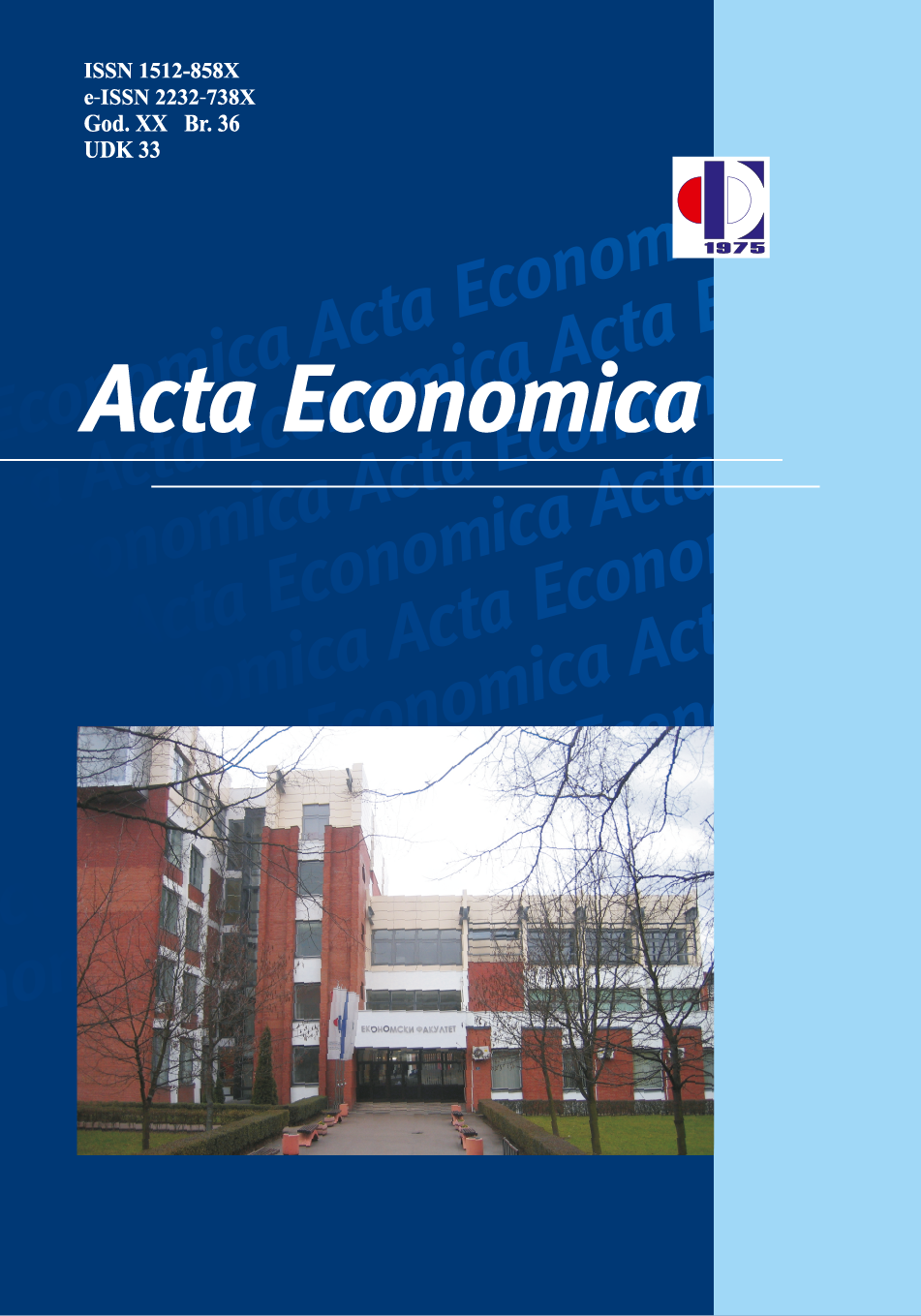MACROECONOMIC DETERMINANTS OF COMPETITIVENESS: EVIDENCE FROM FACTOR EFFICIENCY AND INNOVATION-DRIVEN COUNTRIES
DOI:
https://doi.org/10.7251/ACE2237093MAbstract
The investigation of factors that increase or hinder competitiveness has been one of the core tenets of theoretical and empirical researchers, but so far there has been no consensus. This study responds to this issue by exploring how different facets of the macroeconomic environment influence competitiveness in the three Global Entrepreneurship Monitor (GEM) types of economy (factor-driven economy, efficiency-driven economy, innovation-driven economy). Using Porter’s classification, we divided countries based on factor, efficiency and innovation. Additionally, the generalized method of moments (GMM) was used to capture endogeneity and unobserved heterogeneity of data in an unbalanced panel data for 81 countries (2002-2018). The results show that the variations of competitiveness across countries are mainly determined by variations in the stage of economic development. Firstly, GDP growth, low start-up costs and higher R&D expenditure play a key role in explaining the variation in competitiveness in three country clusters. Secondly, as regards Stage 1 countries, we find that trade openness, tax rate, GDP growth, start-up costs, real effective exchange rate, R&D expenditures and labor productivity are particularly vital for competitiveness. Concerning Stage 2 countries, we may observe that trade openness, tax rate, GDP growth, inflation, start-up costs, financial development, real effective exchange rate, R&D expenditures and labor productivity had a statistically significant impact on competitiveness. When it comes to Stage 3 countries, factors such as trade openness, FDI, tax rate, GDP growth rate, inflation, tax rate, start- up costs, financial development, R&D expenditures, and labor productivity have an impact on competitiveness.

